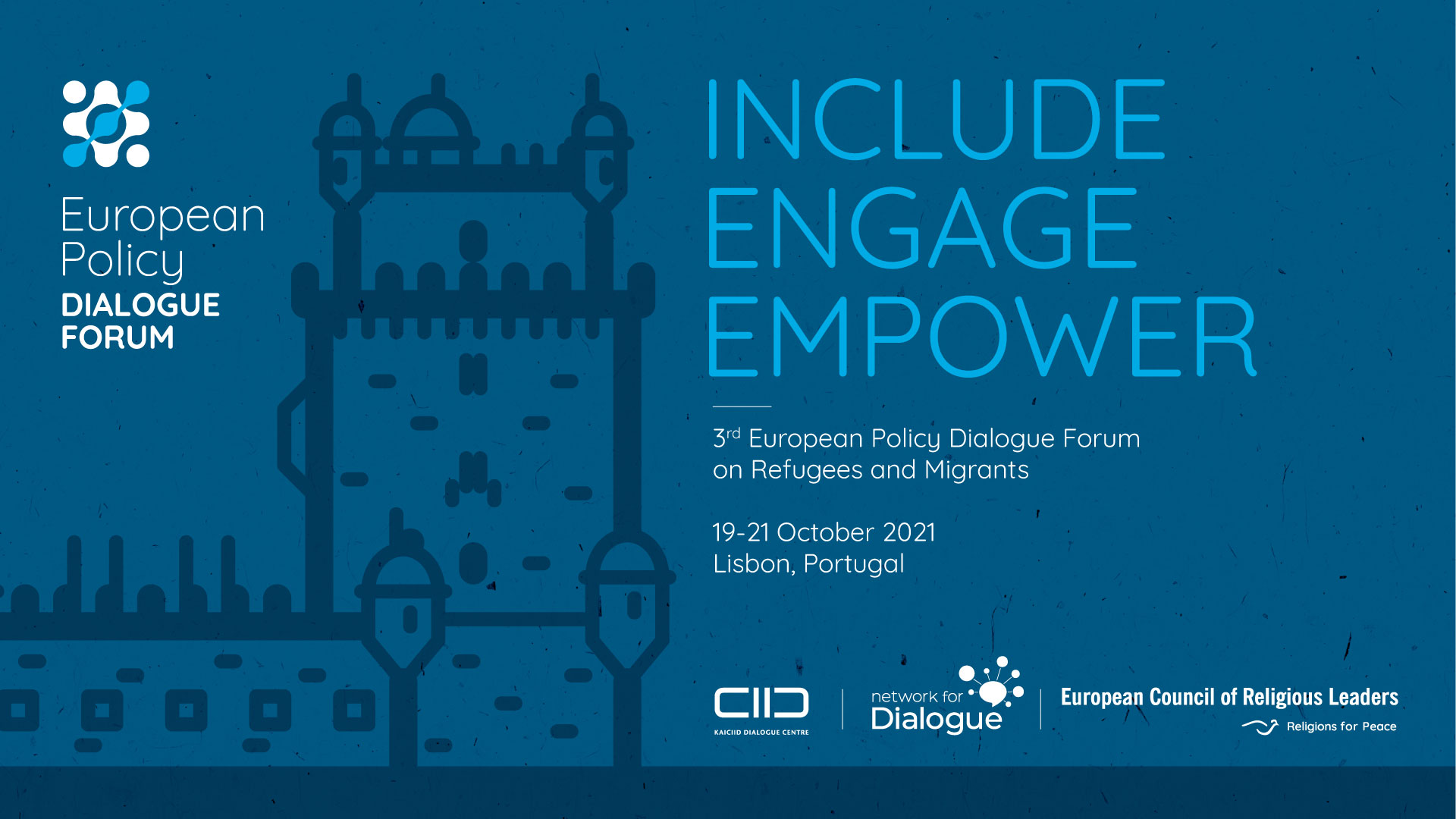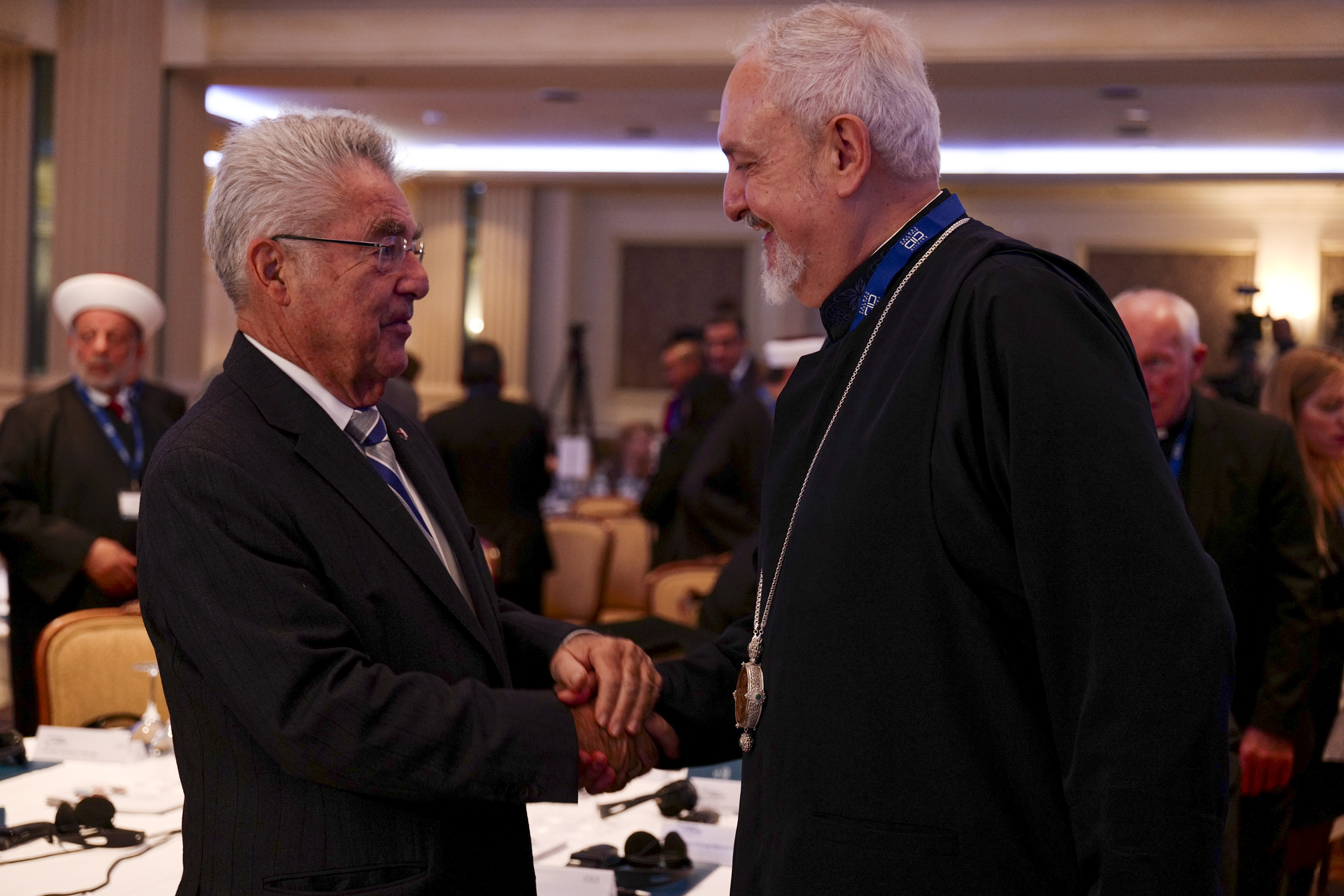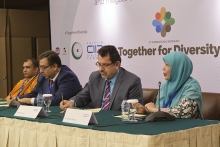The KAICIID mission, which is to facilitate interreligious and intercultural understanding, as well as improving respect for diversity, justice and peace, is reflected in the diversity of its 50+ staff from 25 countries, five continents and a broad range of religious and cultural affiliations. Respect for diversity is the cornerstone of the policy of recruiting KAICIID.
The working language of the Centre is English.
All staff are subject to KAICIID Staff Regulations and Rules. KAICIID offers attractive conditions of service: competitive salary which depends on the level of the position and experience of the candidate, participation in social security coverage free of charge, 30 days of annual leave per year, 14 official holidays, and flexible working hours’ scheme.
Recruitment in KAICIID is based on a transparent and impartial process, which normally includes the following steps:
-
Issuance of the Vacancy Notice
-
Evaluation of all applications and preparation of a short-list of candidates
-
Interview and possibly written test for 4-5 short-listed candidates. A pre-interview or pre-test may be carried out in the event that many candidates meet the requirements of the position
-
Checking of work-related references for the best candidate
-
Offer of appointment to the successful candidate
As part of the recruitment process candidates will be evaluated against the KAICIID values and competencies framework. More information on this can be found at this link.
KAICIID is committed to diversity and inclusion and encourages qualified female and male candidates from all religious, ethnic, and social backgrounds to apply.
If you wish to join our multi-cultural team and make a difference to the world by contributing to the interreligious and intercultural dialogue, please apply to one of our vacancies listed below.
Please note that only candidates who are shortlisted will be contacted by our human resources team. For any queries related to recruitment please contact us under recruitment@kaiciid.org.




